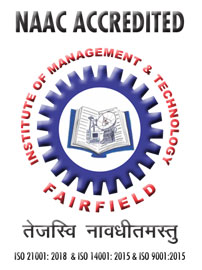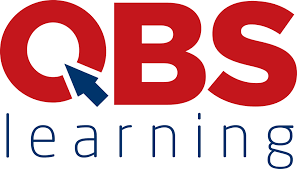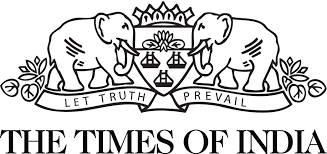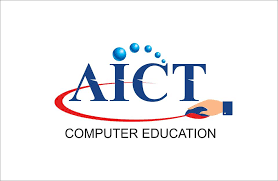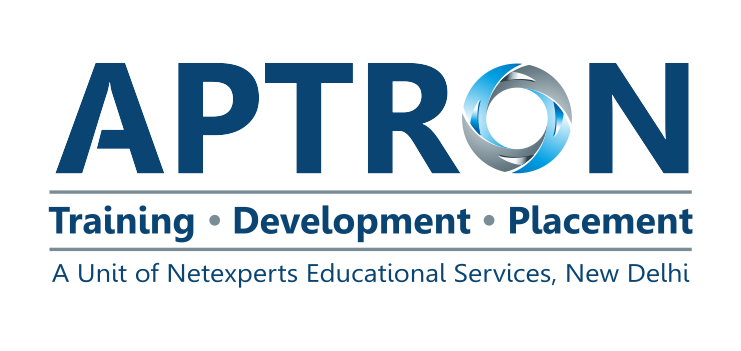TRAINING / INTERNSHIP OFFICE
Experience is an excellent teacher and internships are one way to help our students explore possible career paths and to gain valuable experience in their field of study.
Internships are a great way to learn. They provide a short-term, supervised opportunity to work in a particular field. Some are paid; others are unpaid. They have structured learning goals, provide students with regular mentorship and strengthens resume, giving them a real advantage when they are ready to look for a full-time job.
The Training/Internship office works with potential organizations and interns to select a match, which will benefit both parties. The Training/Internship office will not assign an intern unless they feel the match will be successful. The organization and the Training/Internship office sign a written agreement, which includes a statement of the hours of work and expectations of the intern.
Nature of work
The work experience should be agreeable to both the intern and the organization, with the approval of the Training/Internship office. This work experience will be in the students major area of study. The on-site supervisor will oversee all assignments the intern undertakes during the course of their Training/Internship period. The supervisor will look upon the Training/Internship as an opportunity to initiate the intern into the work environment of the interns chosen area, and in the decision arena of the concerned industry. The assignments may include experiences such as particular analyses or collection of data, services as an understudy, market research, and review of personnel training programs. The assignments should be both meaningful and of benefit to the organization and the intern.
For Students
The Training/Internship program is an integral half of the Senior Experience, the other half being the integrated seminar. The Senior Experience is meant to serve as a capstone for the students college career and requires that the student demonstrate competence and skills in the intellectual enterprise.
The program aims at exposing students to practical working experience in the field of study they are currently pursuing. Consequently, the most important aspect of the Training/Internship program is to ensure a correct match between ones academic major and the kind of work they are involved in during their Training/Internship period. The potential Interns need to ensure that their workplace is approved by the Training/Internship office before proceeding with any duties.
This program requires one to work for 200-400 hours, which should be spread out during the semester or at the end/completion of the Programme.
At the end of the training, the Training/Internship office will expect an evaluation from your employer, your daily diary and a project paper. Students are encouraged to contact the Training/Internship office with any questions or suggestions to ensure that their Training/Internship period is a positive one.
Trainee's/Intern's Role
Keep a daily record of hours worked and events which take place during the Training/Internship. Contribute to the goals and output of the organization and advance your personal and professional goals. Welcome the guidance and feedback, which will be given to you during the course of your Training/Internship, as you would your academic courses. Establish a timetable of performance accomplishment with input from your site supervisor. Recognize that theory and practice are sometimes in conflict. Theoretical paradigms may not solve a problem that canbe solved by experience in practical solutions. Represent FIMT as an ambassador to the outside community. Project in a positive manner the ideals of the College and the spirit of excellence, which you personify. Upon completion of the Training/Internship, the intern must write a report project that will be handed in to the Training/Internship office together with your daily diary and supervisors evaluation.
The Training/Internship and you
The intern is expected to:
- Interning with a company will enable you make industry contacts and gain on-the-job experience as it is important to have some real world experience during your college years.
- Experience within your major can be an immeasurable plus on your CV or Resume. Thus, your major should be a big factor when considering your Training/Internship plans.
- Training/Internships can either be paid or not. This is entirely dependent on the organisation that the student is interning in. Paid Training/Internships can give you the best of both worlds: valuable work experience and compensation. Compensation can range from stipends to cover travel, housing, and living expenses to an hourly wage.
- Journalism majors can look for positions at a magazine or newspaper; the connections made on the job will be immensely beneficial after graduation. Business majors can bolster their experience and enhance their applications by working in a related industry.

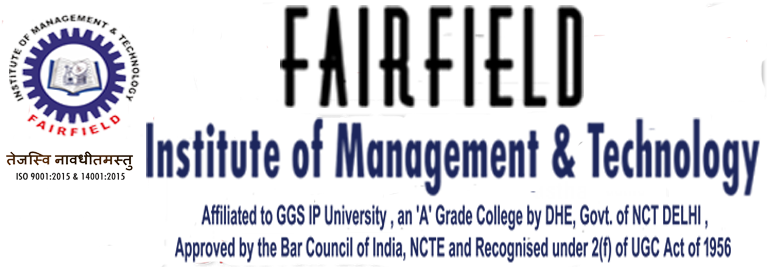
 Best College in Delhi/NCR,India
Best College in Delhi/NCR,India